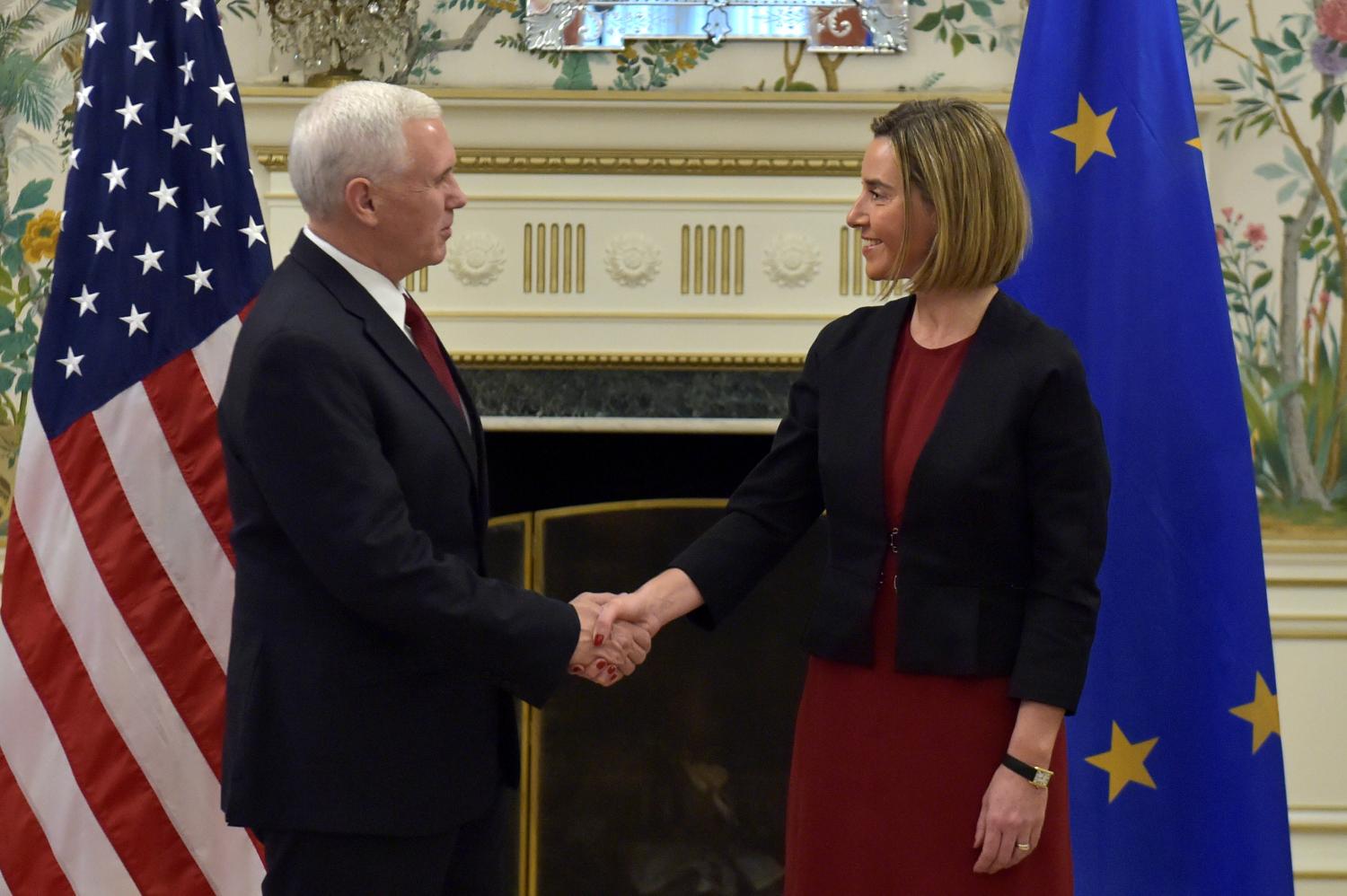I’m finishing up a brief trip to South Korea, where the most frequent topic of discussion is unification with the North. That, of course, has been the goal of the Republic of Korea for decades, and President Park Geun-hye stated in her inaugural address eleven months ago that laying the foundation for unification of the Korean peninsula was one of the four major objectives of her administration. But in her New Year’s Day press conference this year, she proclaimed that unification would be a “jackpot” for the Korean people. Some newspapers devoted extensive coverage to the different aspects of unification and the consequences for South Korea. Suddenly, the dream of a Korean Peninsula that is whole, prosperous, and free was less of an illusion.
The likely reason for this sudden exuberance was North Korean leader Kim Jong-Un’s purge and execution of his uncle Jang Song Taek last year. That there was a rift in the Kim “royal family” led some in the South to think that the North Korean regime was more brittle than it had seemed. And, since that regime and its hostile policies had been the main reason for the continuing division of the Peninsula, perhaps unification was more imminent than they had ever thought.
Of course, the people of South Korea understand fully the complexities surrounding unification and the sacrifices that the South will have to make to bring a better life to their northern cousins. There are, moreover, significant disagreements over how unification will occur (rapidly or slowly, peacefully or violently); what the final outcome will look like; and the costs that South Korea will have to bear. There will be, after all, a difference between the formal act of unification, hard as that may be, and the much tougher job of integrating two very different economic, political, and social systems into one national community. There are also concerns about the implications for regional peace and stability. In particular, what will be the consequences for the alliance with the United States, since North Korea, the principal object of the alliance will no longer exist? What will happen to relations with China, which fears that a united peninsula could become a platform for containing it?
Young South Koreans, who came of age in a prosperous and democratic society probably have more reluctance about unification than their elders, who witnessed the trauma of the Korean War and the poverty that followed. Still, one gets the sense that the logjam that has persisted for so long is beginning to break, and that some South Koreans dare to dream.
The Brookings Institution is committed to quality, independence, and impact.
We are supported by a diverse array of funders. In line with our values and policies, each Brookings publication represents the sole views of its author(s).




Commentary
Korea: Surprising Excitement about Unification (Part 1)
January 22, 2014